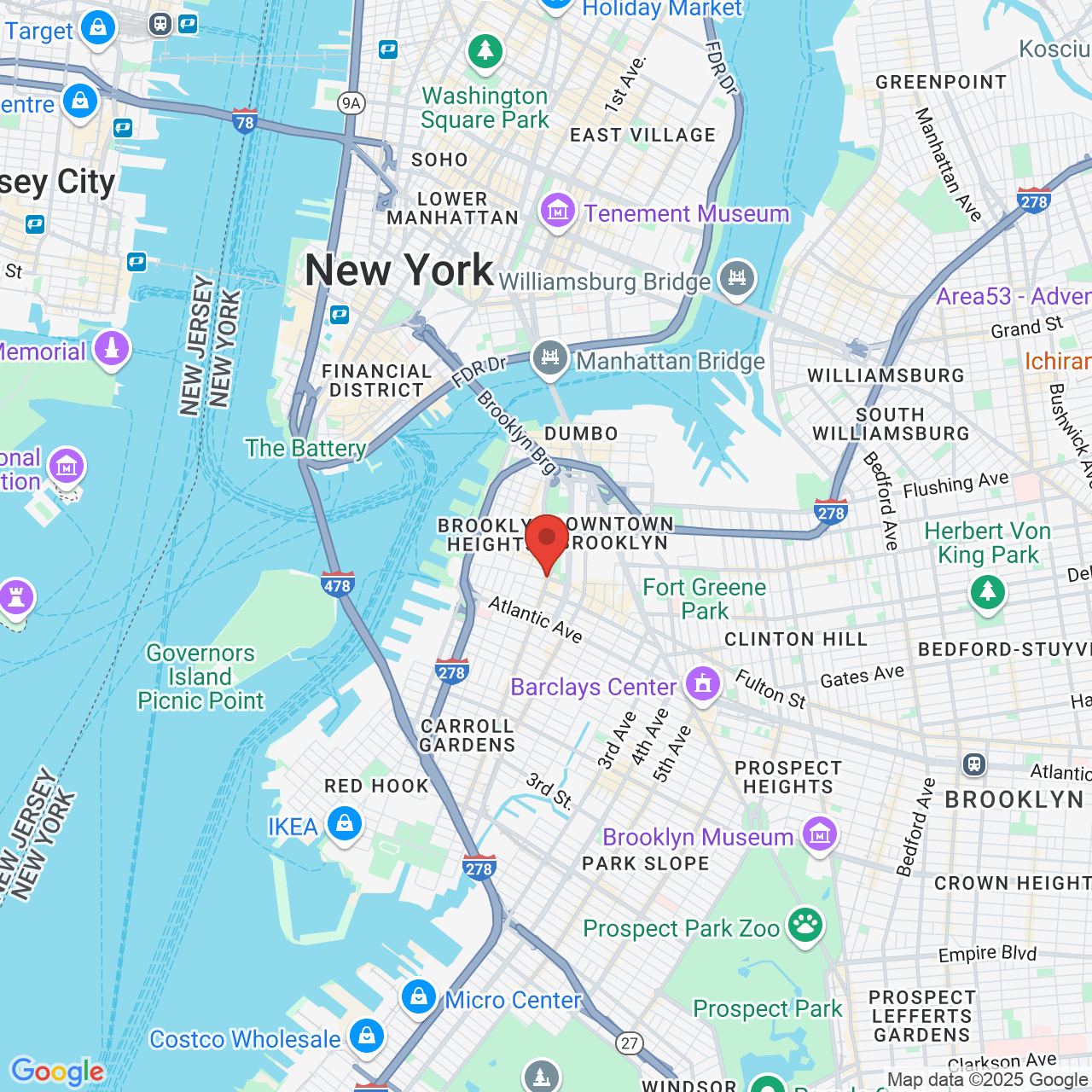The Dangers of Tooth Grinding

One dental health issue that many patients face but may not realize is tooth grinding. Also known as bruxism, tooth grinding occurs at night and may go on for years without the patient even realizing that he or she has a problem. The thing is, there will be telltale signs of teeth grinding the morning after and onwards after that. It’s important that you discuss these matters with your dentist during each visit. Any time you notice something amiss about your dental health, do not hesitate to bring it up for discussion.
At our Brooklyn Heights cosmetic dentistry and family dentistry practice, we have helped many patients deal with issues related to tooth grinding. Right now we’d like to look at various aspects of tooth grinding. First we’ll look at the dental problems associated with tooth grinding. Next we’ll look at the causes of tooth grinding. And finally, we’ll mention a few treatment options that might help you.
One of the most common dental problems associated with tooth grinding is pain. This means pain in the jaw and teeth as well as headaches, ear aches, and neck aches. This is all related to the strain on the muscles and structures of your mouth and face from the excessive clenching. As a result of the clenching and grinding, teeth may be chipped or cracked. The strain can also affect the jaw joint and jaw muscles, resulting in what is known as a TMJ disorder. TMJ disorders involve the clicking, popping, straining, and locking of the jaw that many Americans face.
There are a few common causes of tooth grinding. One cause is stress. If you are nervous or anxious much of the day, you may wind up clenching your teeth unconsciously while you sleep. Another cause of tooth grinding is jaw misalignment or tooth misalignment. If you teeth or jaw are not properly aligned, this may lead to clenching and shifting at night in order to find a comfortable position.
There are many different treatments for tooth grinding and its associated problems. For the damage to teeth, for example, you may need to get tooth bonding, inlays, onlays, porcelain veneers, or Brooklyn Heights dental crowns. The extent of the tooth damage will determine the type of treatment that you will get. If you develop a TMJ disorder, you may be given a custom mouth guard to wear at night which will reduce the clenching and grinding.
The dental restorations and mouthpiece mentioned only address the after effects of the grinding in a sense. It’s important that the root cause be addressed. If you have issues with stress or anxiety, relaxation techniques may help reduce the tooth grinding, as can changes in your diet and a new exercise regimen. If tooth misalignment or jaw misalignment is the cause of your tooth grinding, orthodontic treatments may be the best bet. There are also non-surgical and surgical treatments available to deal with jaw joint issues that may be related to your grinding episodes.
If you would like more information about how we can help you beat bruxism, be sure to contact our Brooklyn family cosmetic dentistry practice today.



